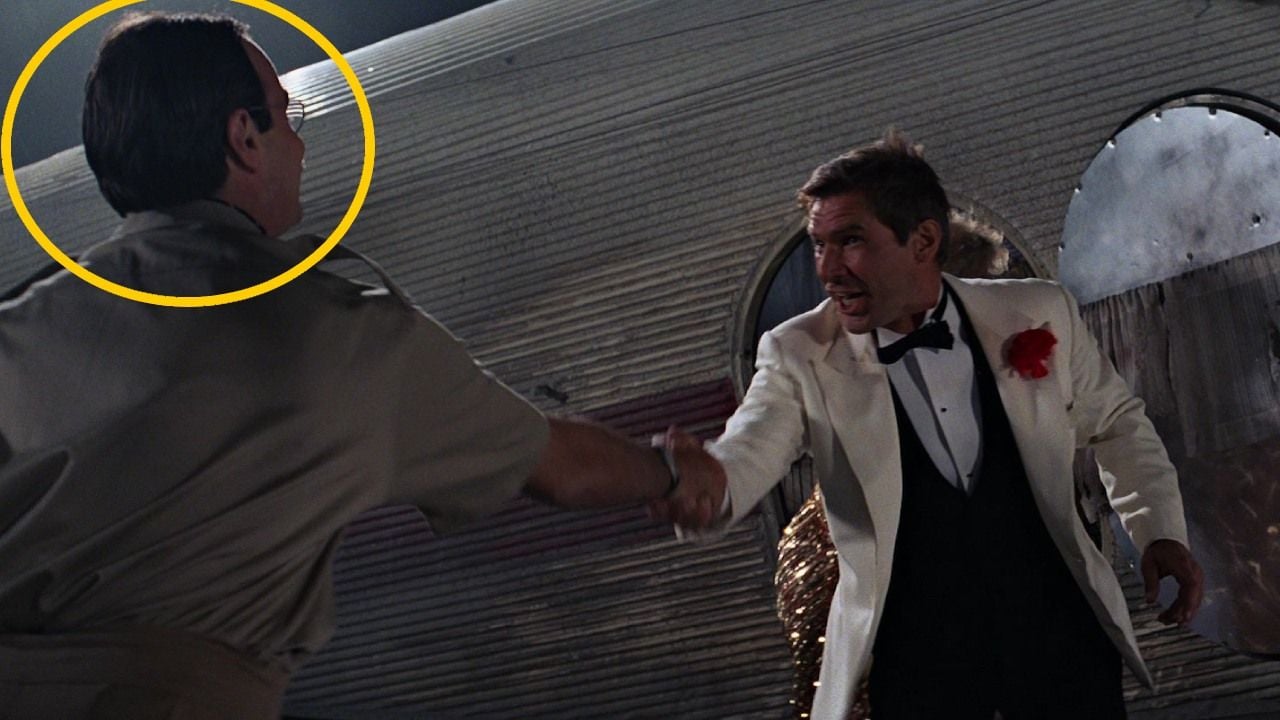Lawyers with extensive experience in electoral law assess that the new code bill, under discussion in the Senate, oscillates between updating and ‘more of the same’. They defend the concentration of electoral legislation in a single code, as already happens with the civil and criminal codes, but they advance reservations on important points of the text such as, for example, what concerns the end of re-election for executive positions – mayors, governors and president.
“It will not solve Brazil’s problems,” says lawyer Alexandre Rollo, postgraduate professor in Electoral Law at the Regional Electoral Court of São Paulo and master and doctor in Social Relations Law at the PUC-SP. “Whoever abuses the administrative machinery for re-election, which is wrong, will also do so to elect his successor, which is equally wrong.”
The project addresses delicate points of the political universe, in addition to the end of re-election, such as the quarantine for the candidacies of judges and soldiers, a five-year mandate, the union between municipal and general elections and eight years of ineligibility for political prisoners .
The new electoral code is being discussed in the Senate through the complementary bill (PLP 112/21), which brings together in almost 900 articles all the electoral and party legislation, including the law on political parties, the electoral law, the law on plebiscite , the referendum and the popular initiative and the Law to combat political violence against women.
For the doctor of constitutional law Acacio Miranda, ‘the mini-reform comes at the right time’.
“Although it is not applicable to the 2024 elections, it addresses several societal concerns, particularly those related to the end of reelection and the deadline for counting ineligibilities,” he notes.
Alexandre Rollo is in favor of concentrating electoral legislation in a single code. “Our current Election Code dates back to 1965 and was approved during the military dictatorship. The time has come to modernize it.”
Emphasize that there are positive and negative points to note. “A bit of quarantine could be important to prevent judges and soldiers from promoting themselves politically before abandoning their careers. With ‘quarantine’ temporary fame ends up cooling. Even fixing ineligibility at eight years seems coherent to me”, he underlines .
Rollo points to another proposed change. “The union between municipal elections and general elections is a disastrous idea. First, because the Electoral Tribunal itself does not have the structure to judge all elections in the same year. And, secondly, because municipal elections, which are extremely important, they will disappear in the middle of the elections of the president and governors.”
Antonio Carlos de Freitas Jr., master of constitutional law at USP and specialist in electoral law, believes that the suggested changes “are either irrelevant, like small procedural fixes, or aberrant, like the regulation of collective mandates.”
For Freitas the main point is that the new electoral code, in fact, does not address relevant issues on the topic. “District voting or reducing the size of districts would be much more effective issues for the quality of democracy,” he says.
He suggests that “on the agenda should be a debate about how proportional or majoritarian the electoral system is and about measures to reduce political parties.”
“Right now we once again have a legislative process that is ‘drying the ice’. It is Brazil that is arguing a lot so as not to resolve anything,” he warns.
Source: Terra
Rose James is a Gossipify movie and series reviewer known for her in-depth analysis and unique perspective on the latest releases. With a background in film studies, she provides engaging and informative reviews, and keeps readers up to date with industry trends and emerging talents.





